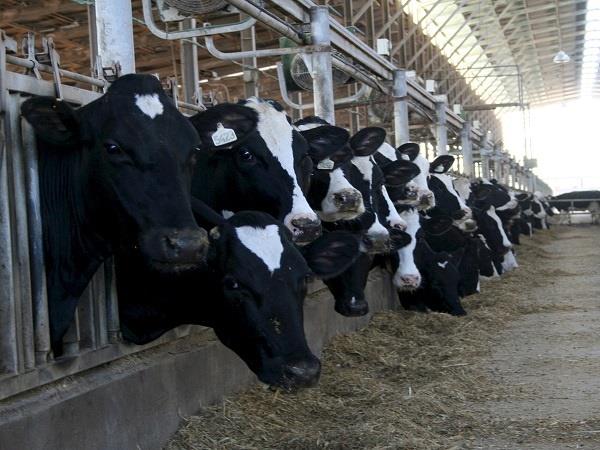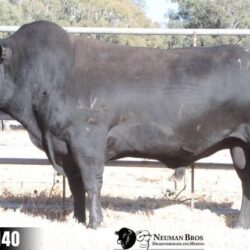The scale and integrated structure of the proposed experimental farm, Farm@UP, is the first of its kind in the country and the continent, said Prof Barend Erasmus, dean of the Faculty of Natural and Agricultural Sciences, during its introduction to potential private sector partners.
According to Dr Hinner Köster, president of the UP convocation and a former chairperson of the Animal Feed Manufacturers Association (Afma), the experimental farm can make a significant contribution to solutions in the livestock production sector.
Planning for the farm will offer is based on best practices from leading American universities, such as Kansas State University, which is known for its feed mill research facilities.
De Wet Boshoff, former CEO of Afma and now a consultant and co-project leader of Farm@UP with Erasmus, said the development will be completed in phases over eight to 10 years.
The scope will be determined as funding, sponsorships and donations are received. “The interest so far is great, and the final value of the development over the next decade could amount to as much as R600 million to R800 million,” said Boshoff.
The experimental farm will be built on the Miertjie le Roux research farm of 570 hectares. It is about 40 km east of Pretoria, just north of the Cullinan toll plaza on the N4. The current experimental farm on the Innovation Africa campus in Hillcrest is about 40 ha.
With more space, research and training on a large scale can be conducted on a working farm.

TUKS PROVIDES FOUNDATION FOR FUNDING
According to Boshoff, UP is providing R45 million for the first phase of the development, which includes the value of the land (about R15 million) and R30 million for the development of infrastructure, layout and services.
UP has also earmarked R9,2 million for the establishment of a dairy unit for 200 cows. There are 80 cows in the dairy unit on the existing experimental farm.
As part of the first phase, units will be developed for broiler chickens and laying hens, and feedlots will be built for cattle, sheep and pigs.
Phase one’s capital investment is estimated at R125 million, and partnerships worth R80 million from the private sector are needed.
Several companies have already committed financial support and contracts are expected to be finalised soon.
TRAINING AND PRODUCT RESEARCH TO BENEFIT FARMERS
Erasmus told African Farming that the benefits the new experimental farm will bring to farmers include training and better products and standards.
“The training facilities at the experimental farm will not only be used for undergraduate education but also for the practical training of, among others, workers in the industry who need to learn how to manage a feed mill, dairy or broiler house, for example.
“Furthermore, industries and their standards can be improved through research. Precision feed, for example, can be produced, followed by analyses to determine how the animals’ condition improved accordingly. This will ultimately help industries to increase their competitiveness, especially since there is a strong emphasis on integrated computerised control and analysis of the entire process.”
IN AFRICA, FOR AFRICA
The benefits of the experimental farm will include the ability to test products under local conditions and on local breeds.
“There is a strong global trend to move away from animal proteins,” said Erasmus. “The trend has value but we cannot apply it blindly in African environments. We will therefore look at how animal proteins can be produced sustainably in African environments at Farm@UP.
“Our future goal is that the facilities be developed on the basis of a circular economy (aimed at sustainability, renewable energy and recycling), and that conservation agriculture practices will later be considered – something that South African farmers are at the forefront of, thanks to their appetite for it.”
E-mail Boshoff at dewet@agserv.co.za for more information.



